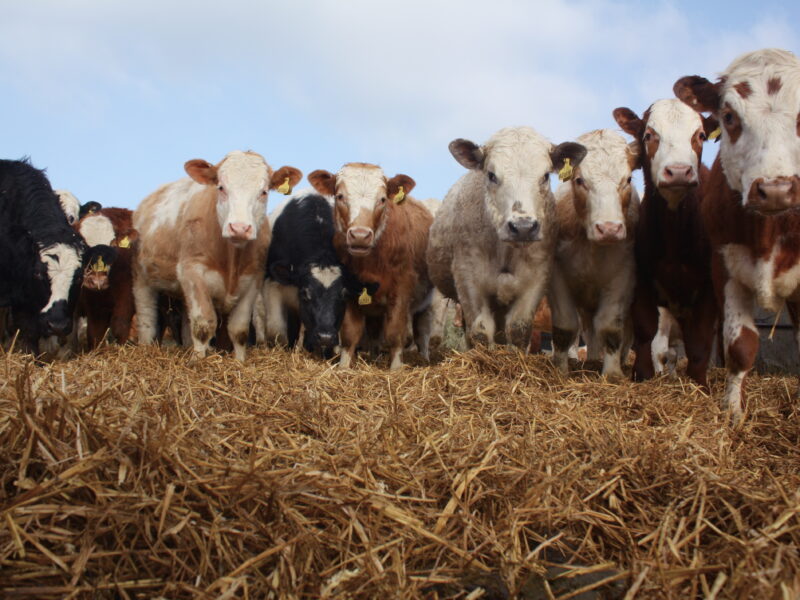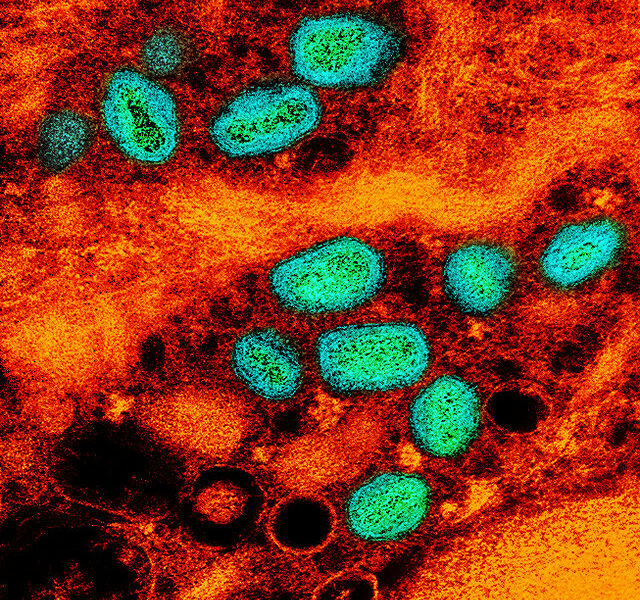An outbreak of avian flu in western Mexico has killed approximately 870,000 poultry birds since June. The state government of Jalisco has declared a national animal health emergency and is currently working to prevent the spread of the disease to other parts of the country. The strain of avian flu in this outbreak, H7N3, rarely infects humans. Jose Munoz, a member of the Jalisco state government, reassured people that there is no risk of infection for humans who consume the region’s poultry or eggs. The proximity of backyard poultry, live poultry markets, and commercial farms in Mexico increases the virus’s ability to spread widely because the virus is highly contagious among birds. It also makes inspection and regulation more difficult during an outbreak. In response to the current situation, the state government has ordered vaccines from Asia and is in the process of developing drugs domestically. Additionally, it has created a quarantine zone around three poultry processing facilities in the region. This is the country’s first avian flu outbreak since the mid 1990’s. Dr. Marty Ficken, resident director of the Texas Veterinary Medical Diagnostic Laboratory, said the risk of the outbreak reaching poultry in Texas and New Mexico is very low due to strict import requirements. As a precaution, all poultry that is imported to the United States is quarantined for thirty days. However, a spread is possible through illegal importation of poultry or eggs. This is not the first widespread avian influenza episode in North America. A 2004 outbreak in Canada killed nearly 20 million birds. While H7N3 does not affect humans, other strains of avian flu, such as H5N1, have infected and killed people in the past. Since 2003, more than 600 cases of H5N1 have been reported, resulting in over 350 deaths. Most people who have been infected with H5N1 have been in direct contact with live poultry.

